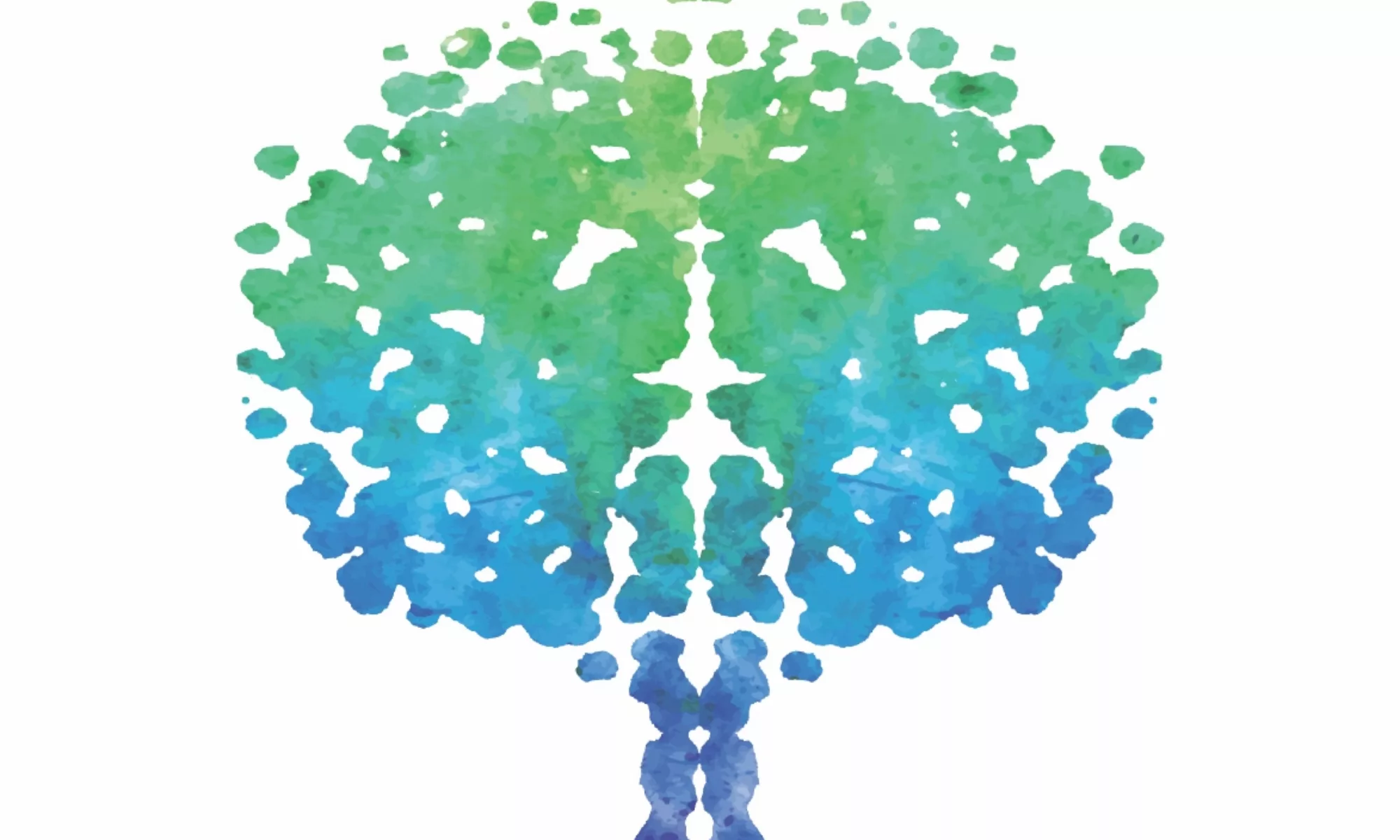What is Psychological Assessment?
Psychological Assessment is how psychologists better understand a person and their behavior. It is a professional problem-solving process seeking to determine the core components of a person’s cognitive skills, achievement, aptitude, personality, interests and strengths.
An assessment has different parts:
- The psychologist will conduct an interview to understand the question we want to answer along with the history and symptoms.
- Standardized Psychological Tests help objectively measure the traits, symptoms, behaviours, thoughts or feelings of the client. These tests help to identify possible diagnoses in a concrete way, often using a strengths and weaknesses approach.
- Observations are sometimes necessary to see the concerning behaviour or evaluate how an individual interacts in their own environment.
- The psychologist may include surveys or interviews to gather information from other sources such as teachers, parents or managers (never without the client’s written permission).
Why Participate in a Psychological Assessment?
You would seek an assessment if:
- you haven’t felt you are moving forward in therapy as you’d hoped;
- you want to make a career switch but aren’t sure to what;
- if you just don’t feel right and it has been persevering for a while;
- you suspect you might be struggling with a particular concern such as anxiety, depression, ADHD; or
- there’s been an event that has changed how you are functioning in the world.
Psychological assessment doesn’t just focus on what’s wrong. It also identifies strengths and positive attributes . It can be an empowering to learn more about yourself and understand more about why you are facing specific challenges, how you are coping and what unique strengths you possess to help you achieve your goals.
Types of Assessments Offered:
There are different types of psychological assessments including:
- Psychological/Diagnostic Assessment – Social/emotional concerns and diagnosis
- Cognitive Assessment – Learning difficulties and ADHD assessments. Including career related abilities, strengths and interests in career matching.
- Neuropsychological Assessment – Concerns with cognitive functioning, impacts of an event or long standing concerns that need diagnostic clarification.
Psychological/Diagnostic Assessment
Psychological Assessment and Testing is used to assist with diagnosis of and treatment planning for individuals suffering with:
- Depression
- Anxiety Disorders
- Trauma Reactions, like PTSD or Acute Stress,
- Mood Disorders
Individuals who may benefit from psychological/diagnostic testing are individuals who are struggling to move forward in therapy, or who are struggling with their mental health. The goal is to provide a diagnosis where warranted with recommendations for treatment, if necessary.
Cognitive Assessment
Cognitive assessments (includes for purposes of education or career) look at an individual’s patterns of strengths, interests, abilities and learning styles to identify how the individual performs in a traditional educational environment and/or what career environments would be optimal. Assessment will identify the individual’s strengths and areas of struggle which, may include general learning difficulties, or learning disorders such as dyscalculia, dyslexia and/or reading/language issues.
Individuals in a formal education system (grade school, trade school, college, university) interested in identifying how best to succeed will benefit from educational testing. The goal is to identify any potential challenges and create ways to succeed using current strengths, developing new strategies and/or accommodations in the learning environment.
Individuals who are graduating from high school, or changing careers benefit from identifying the best suited careers to their personality, abilities, interests and learning styles. This information can then inform the path forward.
Attention Deficit Hyperactivity Disorder (ADHD) assessments are also included in all cognitive assessments.
Neuropsychological Assessment
Dr. Swan is currently working on an advanced post-doctoral specialization in neuropsychology and is offering assessments under the supervision of a local neuropsychologist.
Neuropsychological assessments look at the connection between brain function and behavioural functioning. Common concerns prompting a neuropsychological evaluation are concussions, head injuries, changes in cognitive functioning (attention/concentration, memory concerns, communication), or potentially significant alterations in mood or personality. This is a broad based assessment organized by our understanding of the relationship between brain function and behaviour. It encompasses psychological concerns, personality concerns, cognitive concerns and degenerative concerns. It is a full check up on brain functioning.
Please contact Dr. Swan to discuss opportunities for neuropsychological assessment.
All psychological assessments are offered for individuals aged 13 years and up, Cognitive assessments are offered for ages 7 and up. If you are unsure of which assessment is right for you, please reach out and Dr. Swan is happy to have a discovery call to identify how best to answer the questions leading you to assessment.
Dr. Swan conducts assessments for Veteran’s Affairs, for independent psychological evaluation and privately for individuals. Please check with your insurer regarding coverage for psychological assessment.
